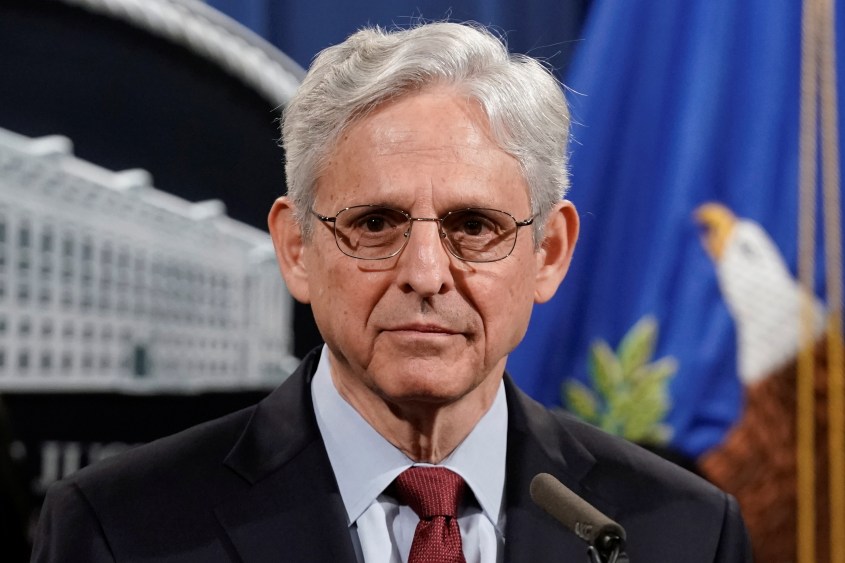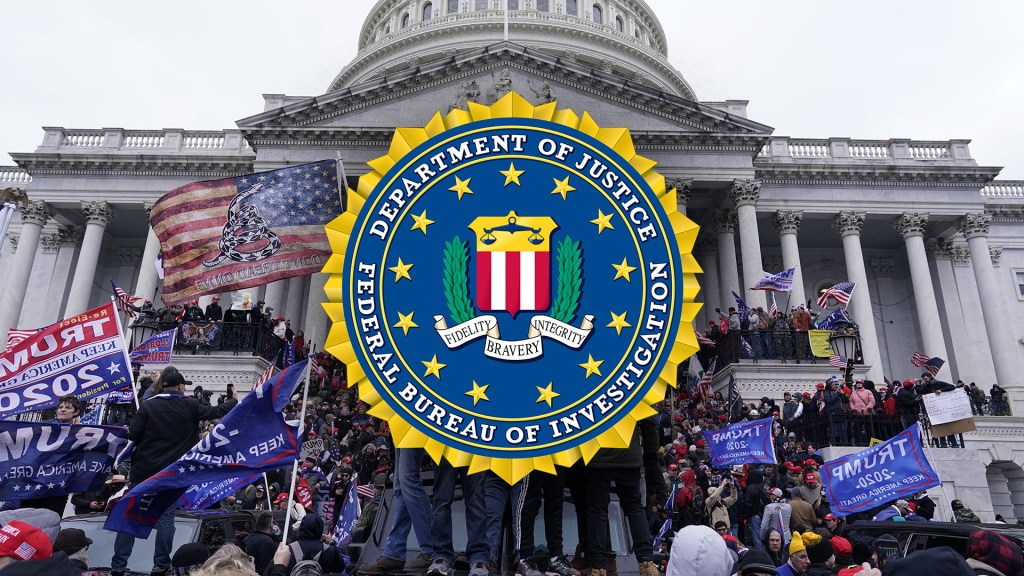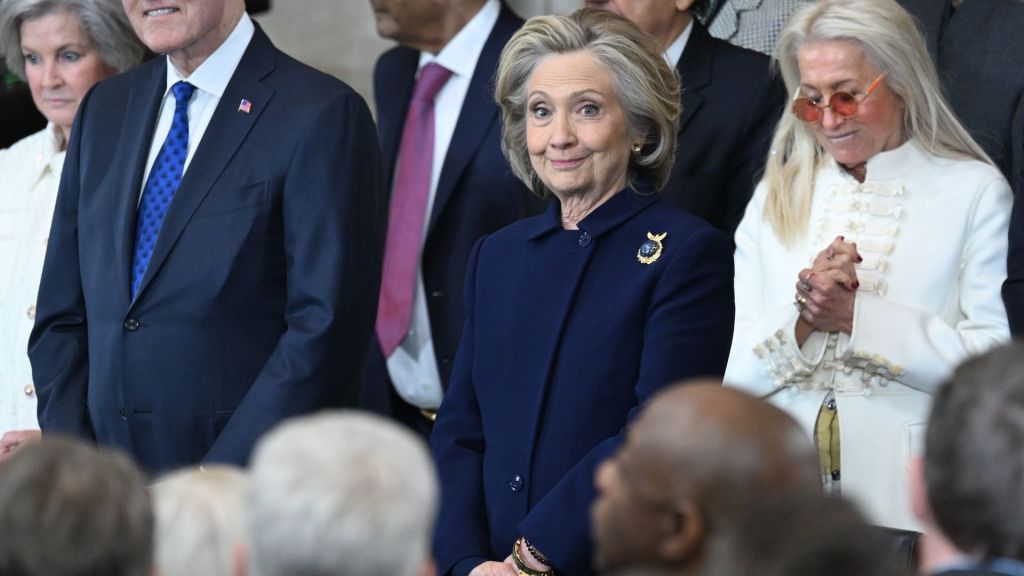In a step to officially hand a win to news agencies across the country, Attorney General Merrick Garland formally banned the seizure of reporters’ records in leak investigations.
There are limited exceptions. For example, federal prosecutors can seize records if the reporters are suspected of working for agents of a foreign power or terrorist organizations. Other examples include situations with imminent risks, like kidnappings or crimes against children.
Garland first announced the reversal of years of Justice Department policy back in June. That announcement came after President Joe Biden vowed to end the practice, calling it “wrong”.
Monday’s policy change is the latest in a decade of adjustments made to how the government deals with leak investigations.
Eric Holder, attorney general under former President Barack Obama, announced revised guidelines for leak investigations during Mr. Obama’s second term after an uproar over actions seen as aggressively intrusive into press freedom.
Jeff Sessions, attorney general under former President Donald Trump, announced a leak crackdown in 2017. The crackdown followed a series of leaks during the investigation into Russian election interference.
Part of the Biden administration’s push to change the policy came with revelations Trump’s D.O.J. had obtained records belonging to journalists at The Washington Post, CNN and The New York Times. The department also reportedly obtained the record of members of Congress and their staffers, as well as former White House counsel Don McGahn.
Garland and other senior Justice Department staffers have been meeting with representatives of news media organizations, with both sides agreeing on the need for new department policies.
“The attorney general has taken a necessary and momentous step to protect press freedom at a critical time,” Bruce Brown, executive director of the Reporters Committee for Freedom of the Press, said. “This historic new policy will ensure that journalists can do their job of informing the public without fear of federal government intrusion into their relationships with confidential sources.”
Garland has said he would support federal legislation to add additional protections for journalists.
 U.S. Attorney General Merrick Garland looks on as he announces that the Justice Department will file a lawsuit challenging a Georgia election law that imposes new limits on voting, during a news conference at the Department of Justice in Washington, D.C., U.S., June 25, 2021. REUTERS/Ken Cedeno
U.S. Attorney General Merrick Garland looks on as he announces that the Justice Department will file a lawsuit challenging a Georgia election law that imposes new limits on voting, during a news conference at the Department of Justice in Washington, D.C., U.S., June 25, 2021. REUTERS/Ken Cedeno
 U.S. Attorney General Merrick Garland looks on as he announces that the Justice Department will file a lawsuit challenging a Georgia election law that imposes new limits on voting, during a news conference at the Department of Justice in Washington, D.C., U.S., June 25, 2021. REUTERS/Ken Cedeno
U.S. Attorney General Merrick Garland looks on as he announces that the Justice Department will file a lawsuit challenging a Georgia election law that imposes new limits on voting, during a news conference at the Department of Justice in Washington, D.C., U.S., June 25, 2021. REUTERS/Ken Cedeno










